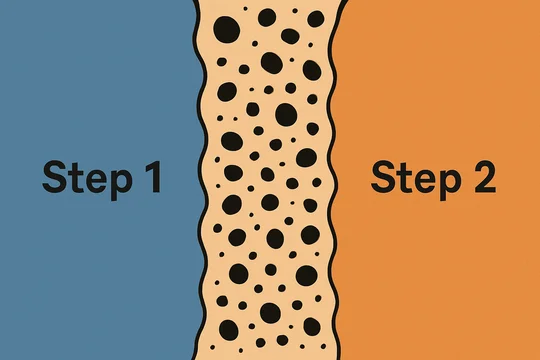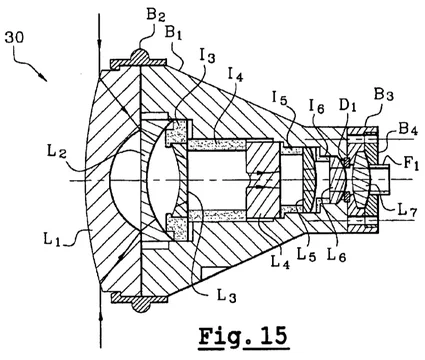
Even 10+ years after Alice, the standard for invalidity under § 101 feels inconsistent, and there is a lot of room for any two human beings (judges or otherwise) to look at the same patent and have different views. This is particularly true when you factor in the procedural hurdles, which ultimately give the Court a range of options on when to deal with a § 101 motion (e.g., before summary judgment, at summary judgment, or at trial/post trial).
So, when a D. Del. judge issues a § 101 decision, I often think it often …





